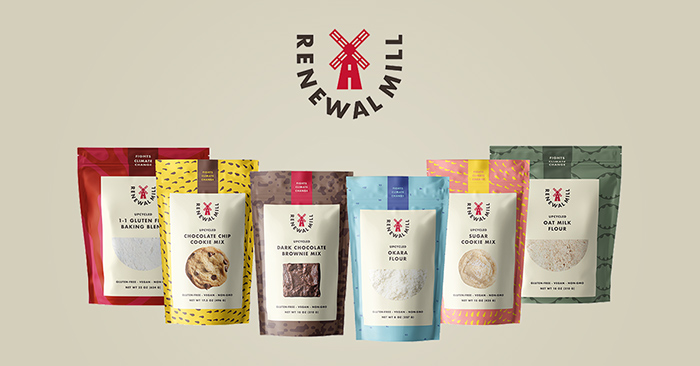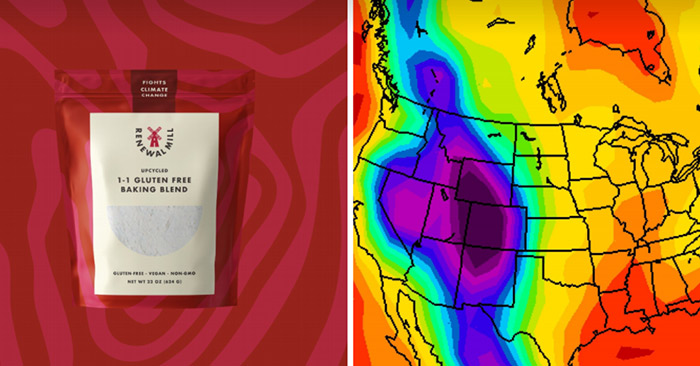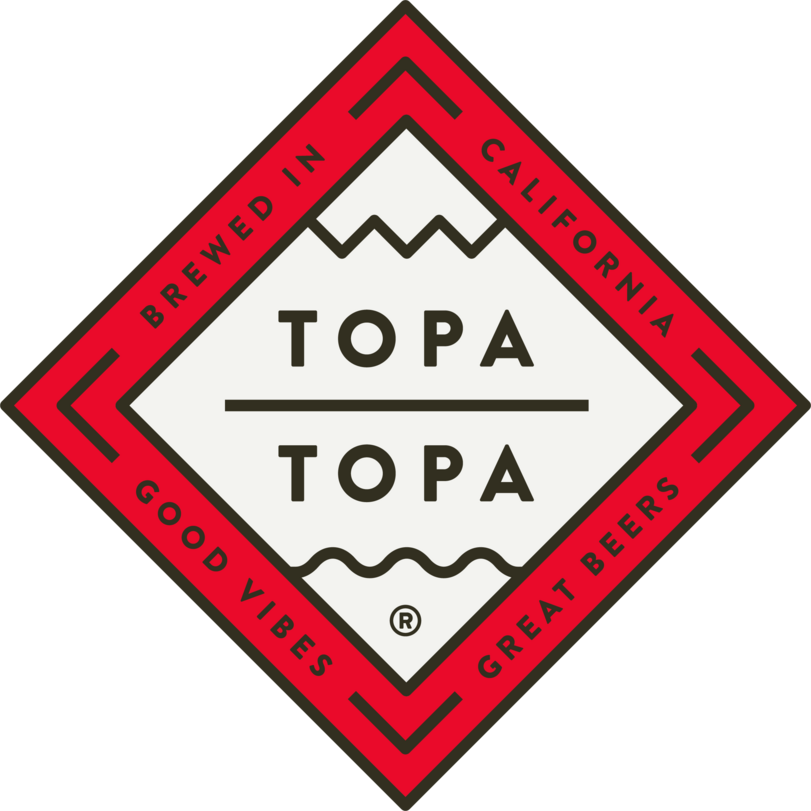With Rebrand, Renewal Mill Urges Consumers to “Fight Climate Change From Your Kitchen”

Over the last few years, consumers have continued to gain a better understanding of complex environmental issues connected to our current food system, and have begun to ask more from the food brands that fill their grocery carts. Now, upcycled baking brand Renewal Mill is prepared to meet that demand head on. With refreshed packaging and a new tagline, the company hopes to communicate a more concise message: consumers can affect positive change in the food system and climate simply by baking a batch of cookies.
The new packaging and positioning is in response to an increasingly savvy consumer base that is eager to learn more about sustainable food options. When the California-based brand’s first products hit shelves in 2018, the concept of upcycled food was largely a new concept for consumers. At the time, co-founder and COO Caroline Cotto said, the company was concerned about using terms like “food waste,” that might confuse consumers and could make shoppers think the product was made with lesser quality ingredients. However, its original tagline “Ingredients with a Story,” lacked cohesion and clarity as a brand message, she said.
Now, the company is ready to be more direct. Renewal Mill’s new tagline, “Fight Climate Change From Your Kitchen” is intended to serve as a call to action, presenting a clear connection between the upcycled food movement’s efforts to reduce food waste and the impact this can have on climate change, reducing greenhouse gas emissions and the need for deforestation for farmland.
“I think over the last two years, especially, we’ve just seen that our being upcycled and fighting climate change is really our unique differentiator,” Cotto said. “We wanted to bring that more to the forefront.”

A packaging change will complete the transformation. To illustrate the potential impact of upcycled food, Renewal Mill’s new packaging is inspired by heat maps, pressure charts and tide depth maps. To complete the transformation, the brand is also launching three new SKUs: Upcycled Sugar Cookie Mix, Oat Chocolate Chip Cookie Mix and High-Protein Oat Milk Flour. The two oat products use the brand’s second ingredient, oat okara, made from upcycled oat milk pulp. The ingredient is gluten free, high in protein and fiber and neutral in flavor, and uses a similar dehydration and milling process as its flagship organic okara ingredient, which uses soybean pulp leftover from the soymilk production process.
The brand has a two-pronged sales strategy for the oat flour, selling it both in stores and also as an ingredient other food companies can purchase. Acting as both an ingredient supplier and a CPG brand has allowed the company to build buzz among shoppers and prove out the concept while also learning from larger brands — and utilizing their marketing reach as well. The brand’s original okara ingredient has been used in several brands’ products, including Tia Lupita and Pulp Pantry, as well as a pilot project with Barilla’s biscuit line. On the CPG side, it will continue to focus on baking mixes, a category that experienced a popularity boost during the pandemic, because these products ultimately allow the brand “flexibility” to include more upcycled ingredients, Cotto said.
The new packaging and products were funded through a campaign the brand launched on crowdfunding platform Republic at the end of last year, where the brand raised over $100,000. The funding strategy represents just how passionate shoppers are about sustainable food options and, Cotto said, also served as a marketing tool, turning “consumers into investors to help spread the word.” The new funding will also support the brand’s retail expansion, Cotto said, expanding to Southern California as well as the New York City metro area. The brand is also expanding its online presence, launching on Thrive Market right before the new year and debuting on FreshDirect next week.
While Renewal Mill wants to educate consumers through its branding and products Cotto, who also serves as board president of the Upcycled Food Association, anticipates that the UFA’s adoption of an Upcycled Certification Standard, announced earlier this month, will also further this goal. With certification beginning this spring, Cotto said the official seal will be a “differentiator on shelves.”
“Everybody knows the butterfly and the non-GMO project and understands what that means,” she said. “We’re hoping that we can get everyone to rally behind that singular message similarly for upcycled food.”
This goal is important, Cotto said, because there is still work to be done. Though consumers understand that their food choices can have an impact on the planet, the average consumer still doesn’t know what upcycled food is and often mistakes it for being “unclean” or “trash,” Cotto said. But, she added, the desire to learn more is there.
“We’re really putting the power back into the hands of the average consumer,” Cotto said. “Consumer education is definitely the most challenging piece of building this movement, and so the more people we can get on board as evangelists and helping us spread that message around upcycled food is super helpful.”

















